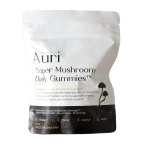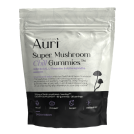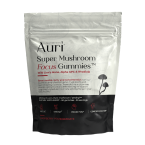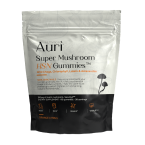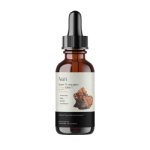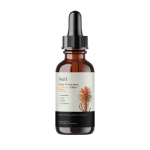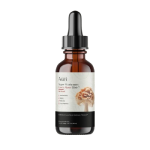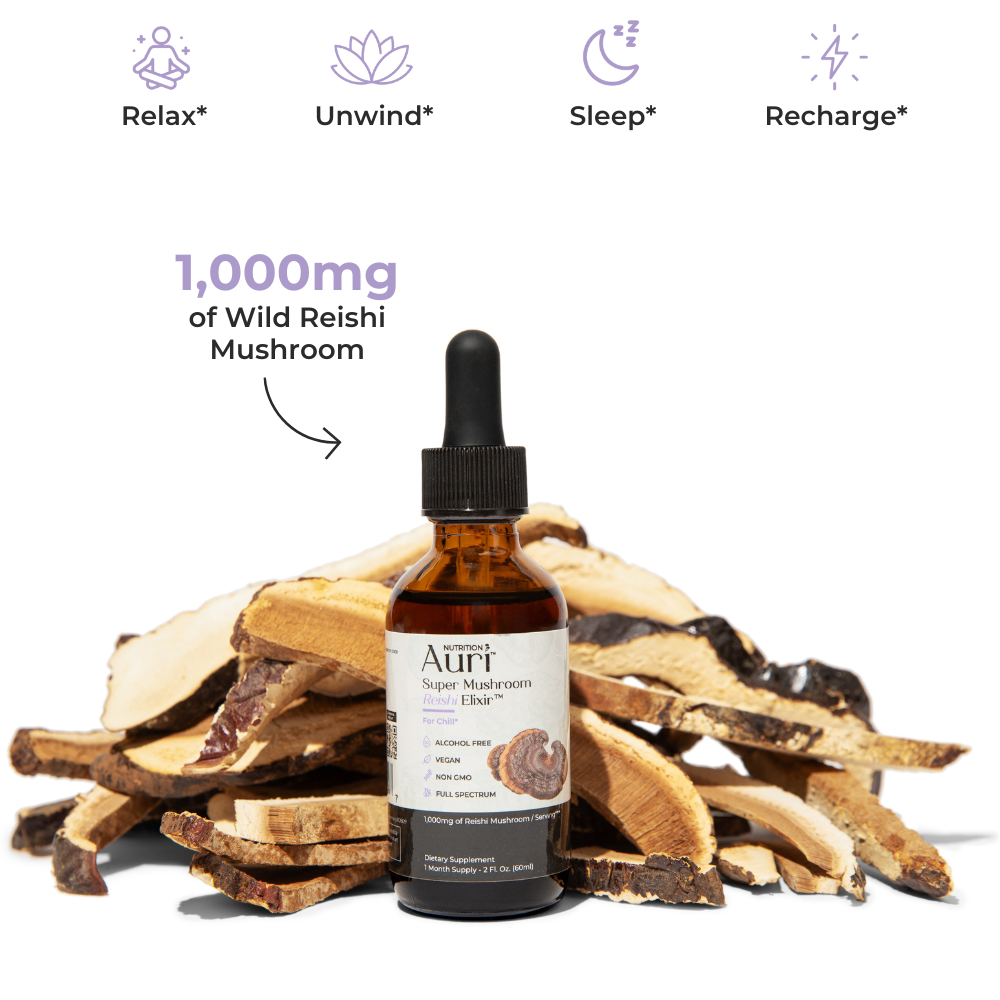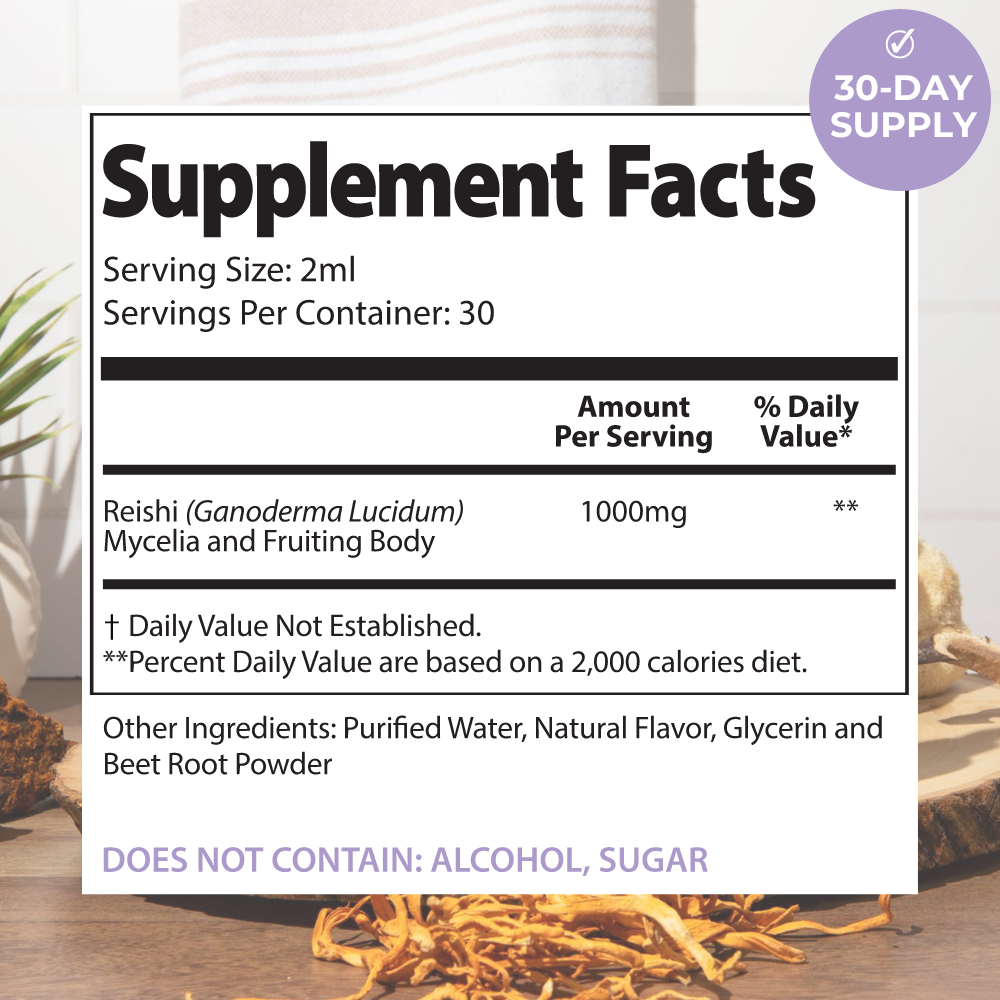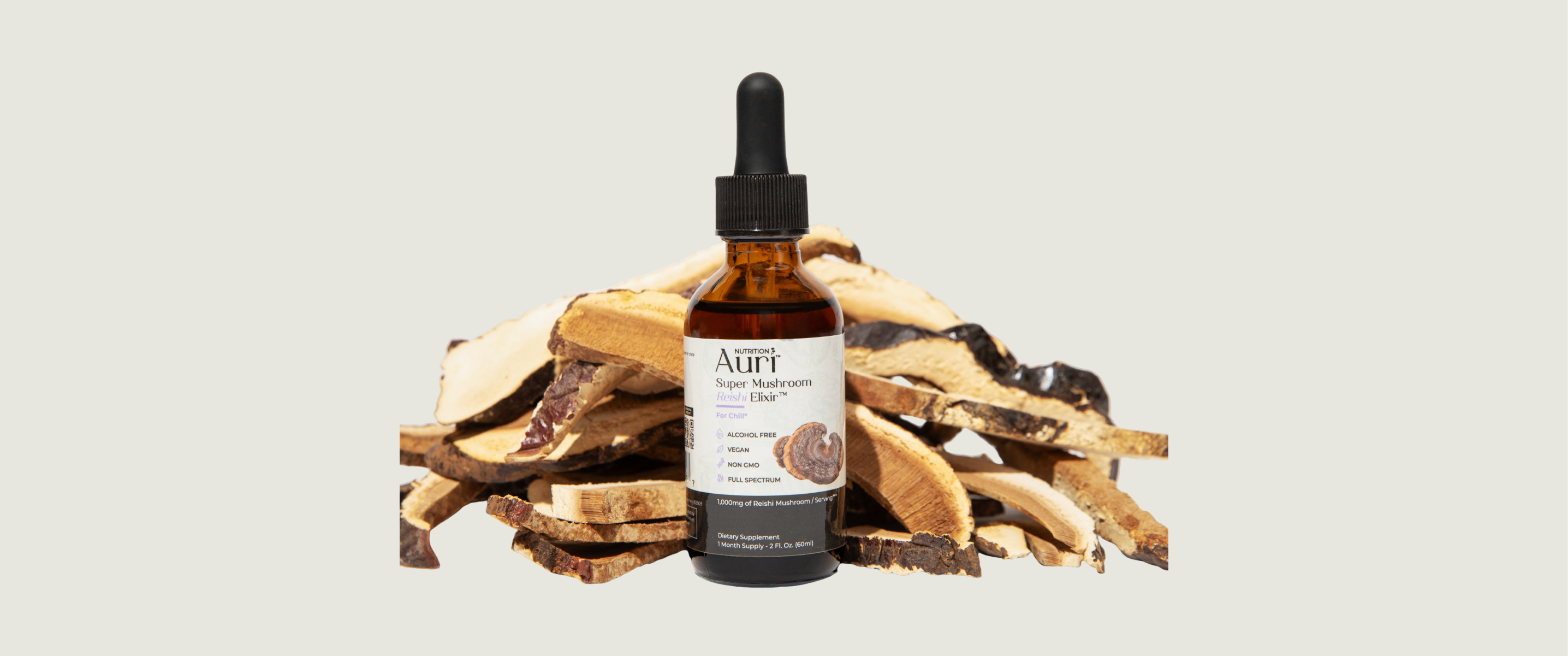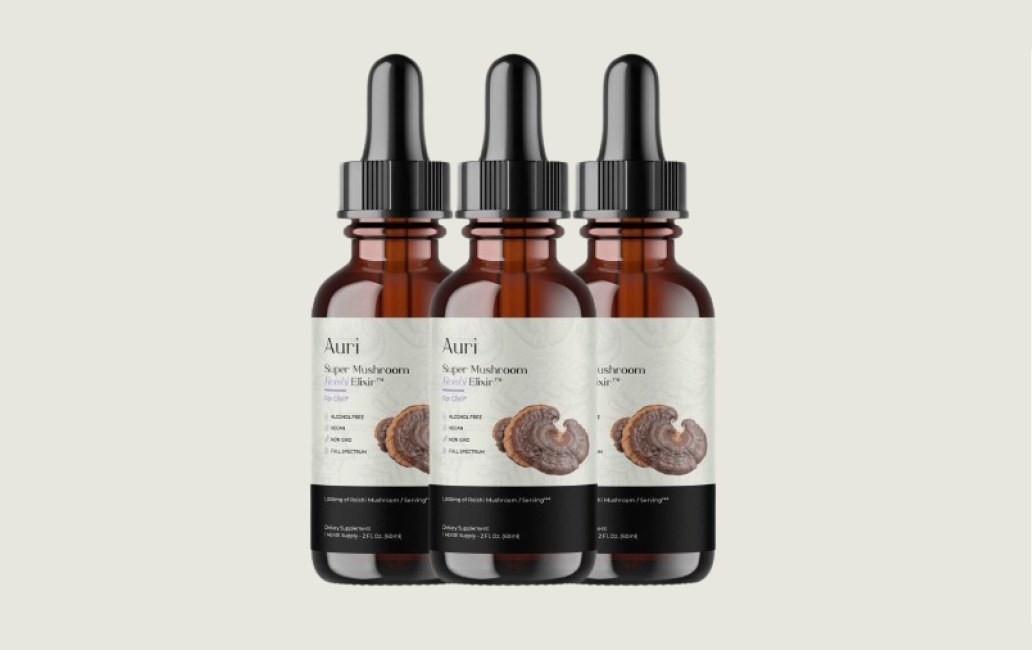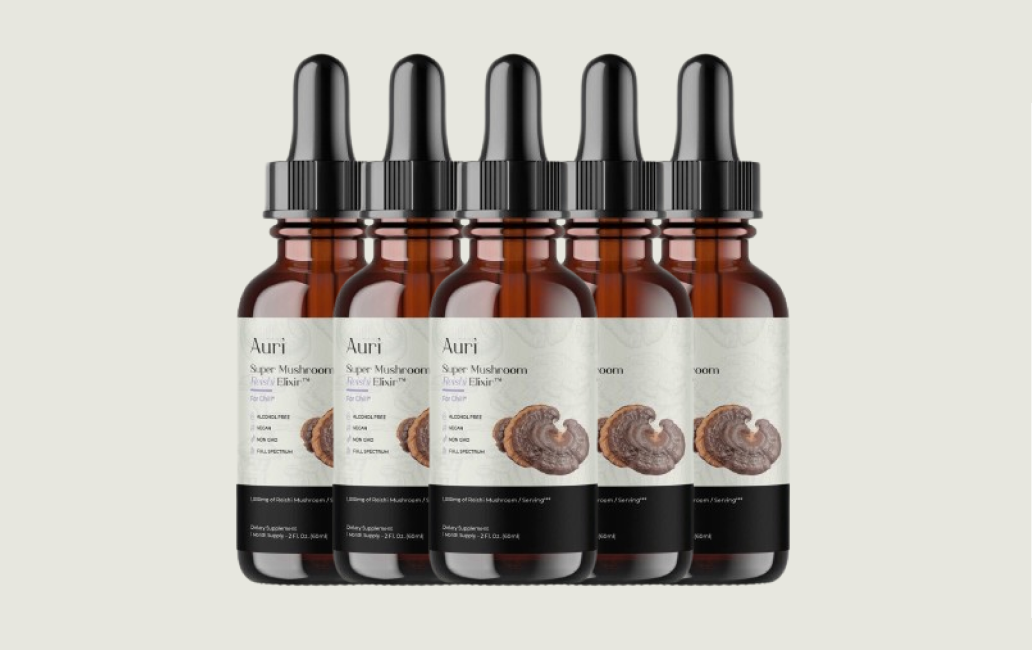Super Mushroom Reishi Elixir™
"I’ve always struggled with getting a good night’s sleep and tried everything from meditation to medication. The Super Mushroom Reishi Elixir has finally given me that deep, restful sleep I was craving. It’s amazing to wake up feeling genuinely refreshed. Plus, it’s helped me feel more relaxed during the day."
Sarah M., United States
Here's what you'll get:
We recommend subscribing to explore a variety of our delicious mushroom gummies and elixirs!
-
Free US Shipping On Orders $75+
-
Fast 3-5 Day US Delivery
-
60-Day Moneyback Guarantee
BENEFITS
An Elixir To Become Your Best Self
-
Aid Normal Healthy Sleep Patterns*
Reishi mushroom is renowned for its ability to support deeper, restorative sleep. Research highlights its potential to support overall sleep quality, helping individuals achieve better rest and the enjoyment of waking up more alert and focused -
Support Calmness & Relaxation*
Reishi mushroom possesses properties that support a calm mind and mood. Its capacity to foster serenity makes it a valuable asset for relaxation, promoting mental calmness in the face of external pressures -
Feel Refreshed & Recharge*
Reishi mushroom is esteemed for its capacity to support the immune system. Reishi contributes to overall health and well-being, providing vital support for the body's natural defense systems.
UNLOCK MORE BY SUBSCRIBING
Unlock More with Subscription - Free Shipping, Discounts & VIP Benefits

|
One-Time Purchasers | |
|---|---|---|
FREE SHIPPING On First Order |
||
SUPRISE GIFT With First Refill |
||
NO CONTRACT Cancel With Ease |
||
OUT OF STOCK PROTECTION |
||
EXCLUSIVE DISCOUNT |
||
HASSLE-FREE CONVENIENCE |
MOST SUPPLEMENTS WASTE YOUR MONEY
Our bodies are not efficient — only a small share of what we consume gets absorbed into our bodies. As a result, the supplements that we take into the stomach produce little to no result. Try elixir supplements and increase absorption rates up to 90%.
Auri Mushroom Elixir
Capsule / Tablet Supplements
HOW TO USE
Step 1
Draw up the recommended dosage of liquid into the dropper.
Step 2
Drop two full droppers into an 8oz cup of water. For faster absorption, put two droppers under your tongue for one minute then swallow.
Step 3
Value Reishi, which contains hericinones, for their sleep-enhancing benefits
TASTY & DELICIOUS
Mushrooms have never tasted THIS good before. Get the mushrooms you love and benefit from, without the nasty taste from powders and oils.
-
NOGMOs, GELATIN, ALCOHOL, FOOD DYES, FILLERS & JUNK
-
YESVEGAN, GLUTEN FREE, TASTES GREAT, REAL MUSHROOMS, LAB TESTED
DON'T TAKE OUR WORD...
Loved By Thousands Around The Globe
OUR PROMISE
-
Feels (and tastes like) magic.
-
Crafted carfully with premium ingredients
-
Rigorously lab tested
60-DAY MONEYBACK GUARANTEE
We’d be shocked if you didn’t feel the effects, and enjoy the benefits of the Super Mushroom Reishi Elixir. But in the highly unlikely event that you’re not happy in any way — we’ll give you every cent back. No hassle. No hoops to jump through.
You’re protected by our 60-Day 100% Moneyback Guarantee. Email us at hello@tryauri.com and we’ll return every dollar you paid.
BUNDLE & SAVE MORE!
UP TO $100 OFF-

-
3 PACK - 90 SERVINGS
-
$45 OFF
Super Mushroom Reishi Elixir™
Spring Sale EXCLUSIVE$104.99$177.95 -
-

-
5 PACK - 150 SERVINGS
-
$100 OFF
Super Mushroom Reishi Elixir™
Spring Sale EXCLUSIVE$150.00$299.99 -
FAQs
Use the below FAQ topics to find an answer! Still need help?
Please email us at hello@tryauri.com :)



